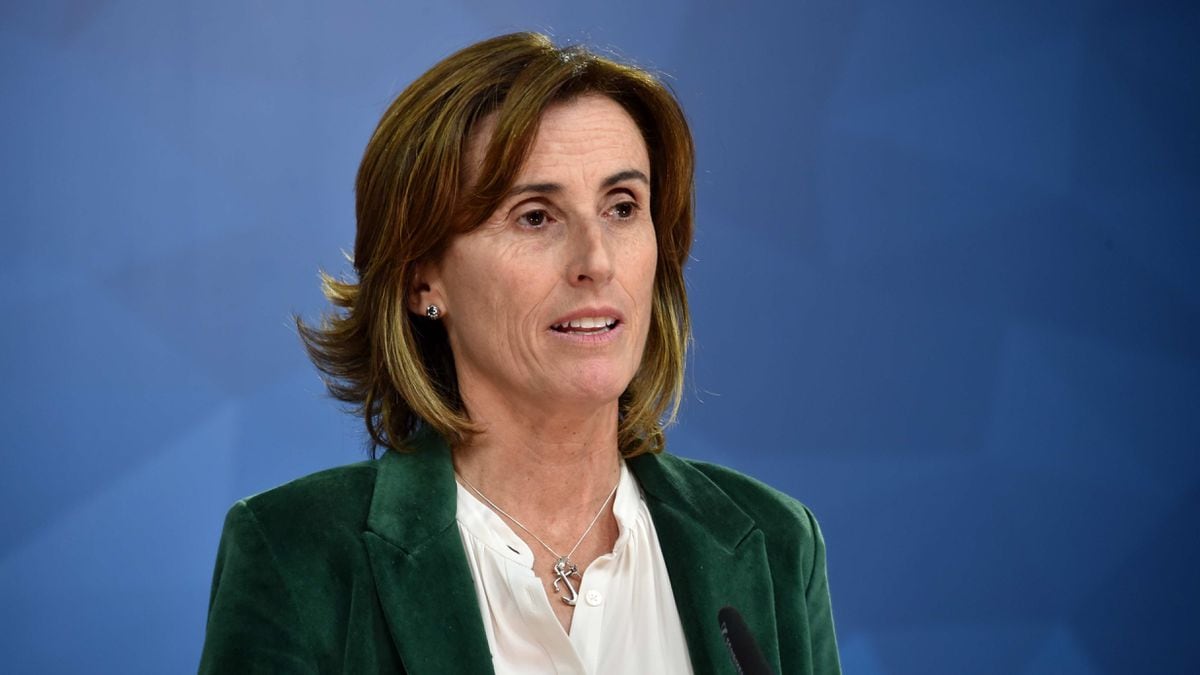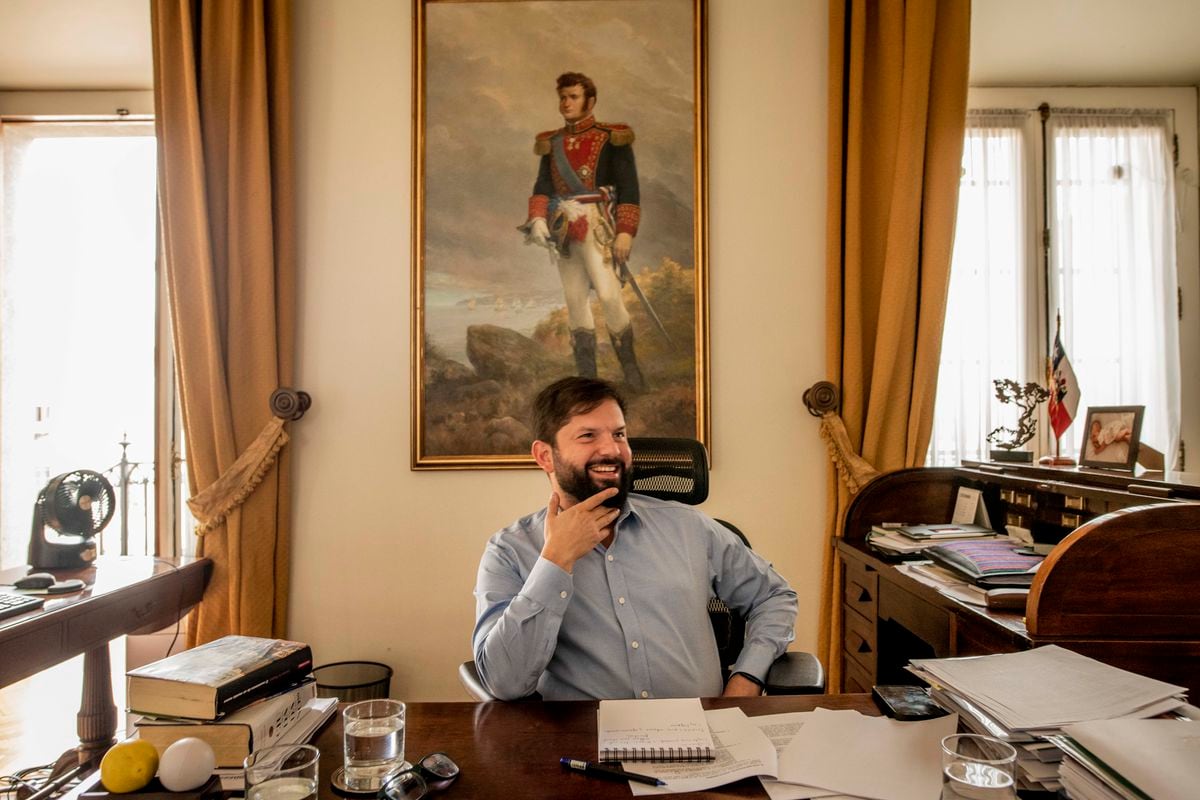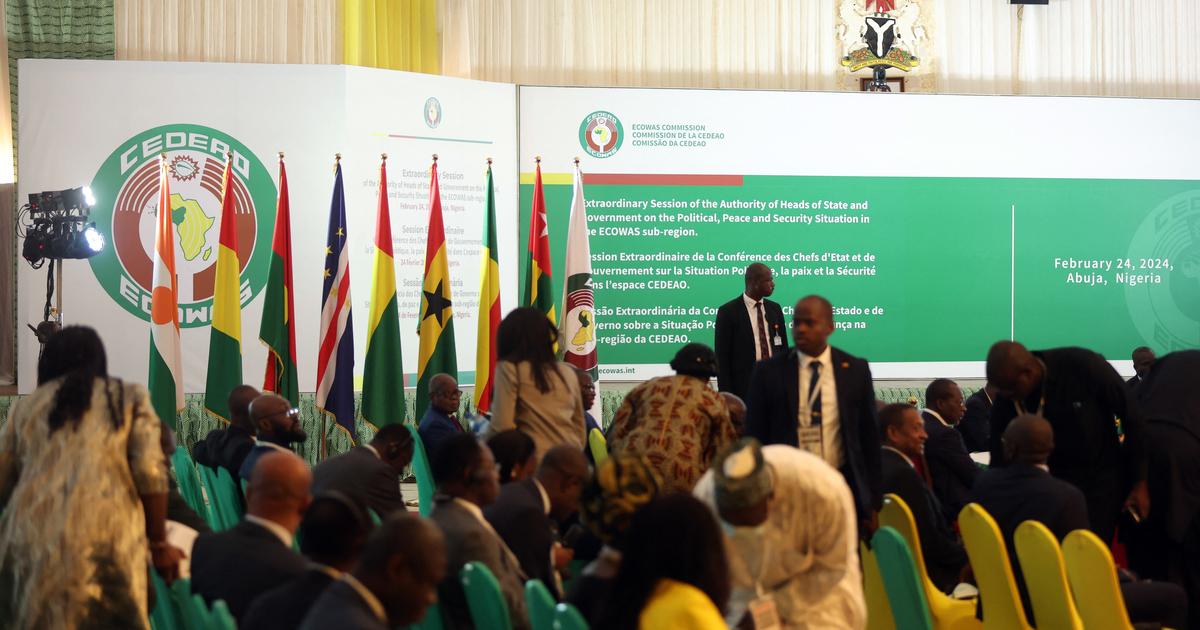The date of the most important election of the last 30 years in Chile, the plebiscite that will define whether or not the 1980 Constitution of Augusto Pinochet is changed and who will write it, once again ignites public debate in the South American country. Originally set for April 26, but rescheduled due to the pandemic for next October 25, the Chilean political class is discussing the advisability of holding it on the scheduled date with a health crisis not yet controlled, although with obvious improvements in The last weeks.
While the conservative government of Sebastián Piñera has stated that the decision on a new postponement would only be possible through a cross-cutting agreement in mid-September, the left and center-left opposition largely pushed the holding of the referendum that will call more than 14 million to the polls. of citizens, in a voluntary voting system.
"The constitutional plebiscite poses three challenges: how to encourage electoral participation, how to minimize the health risk involved and how to assess whether it should be postponed again," the influential research center Espacio Público said in a report this week. According to the independent think tank , which has played a central role in the control of the official numbers of the covid-19 in Chile, a source of concern points out that the Electoral Service “still does not assume the responsibility that corresponds to it to ensure a plebiscite that invites you to participate without taking risks ”. One of the many issues that are not resolved, less than nine weeks before the referendum, are the conditions in which those infected and people in quarantine could exercise their right to vote.
The Electoral Service published a sanitary protocol for a safe plebiscite that was approved by the Ministry of Health and that includes the measures that must be fulfilled on the day of the plebiscite: from the elements that the table members will use to the own pencil that the officials may use. voters to mark their preference. Today, in addition, Parliament has approved the project that grants the body special powers to dictate sanitary measures without the need for legal modifications, for which it will have until September 10. Due to the little time that remains ahead, the use of alternative mechanisms, such as electronic voting, early voting, postal and domiciliary suffrage seems ruled out. Nor would it be held on two successive days, which would help avoid social contact between voters.
The plebiscite on the Constitution of 1980 was the proposal that practically the entire political class with representation in Congress made to the citizens in the complex weeks of the social upheavals that broke out in Chile in October 2019 in demand for greater public goods, such as the health, education or pensions. It will be an unprecedented vote in the world, because people will decide whether to approve or reject the idea of changing the Fundamental Charter and who will write it: whether a mixed convention made up of equal parts constituents and parliamentarians or a convention made up entirely of elected assembly members .
Last March, however, in the first weeks of the health crisis, the parties decided to postpone the referendum from April 26 to October 25, which was understood by population. But the response of the public to a new postponement is not evident, considering that it is a society that does not trust institutions such as parties, Congress or the Government.
Low electoral participation
Health uncertainty is even deeper than in March, when the pandemic exploded in Chile. The covid-19 has left 10,546 confirmed deaths and although it registers the lowest number of positivity in 128 days - 5.8% -, the new daily infected are around 1,336. The recent reopening of certain municipalities in the capital, completely confined since mid-May, only increases doubts: the images of crowds in shopping centers worry the authorities, due to the risk of outbreaks. The president of the Medical College, Izkia Siches, has referred this week to the matter: “If one can go to the mall , they should be able to go to vote and the mechanisms for the plebiscite to take place should be ensured. If not, the perception of the public will be that the pandemic is being mishandled, when appropriate. This is very serious and problematic ”.
Different opinion polls indicate that more than 70% of voters would choose to approve the change to the Constitution, a group made up not only of left and center-left voters, but also right-wing citizens. The triumph of this option, therefore, would be overwhelming compared to those who want to preserve the Fundamental Charter of 1980. “We all want to improve and change the Constitution,” said President Sebastián Piñera on Tuesday, in whose government and sector there is no unique position on the matter, so it is committed to disregard in the process. It is in the doctrinal right that belongs to the ruling party, however, where the supporters of the rejection are concentrated, who reluctantly participate in the constitutional path.
The main doubt about the plebiscite is not the result, therefore, but its level of participation, given that Chile has the highest abstentions in the region. In the last municipal elections of 2016, 36% of voters participated. In the parliamentary elections and the first presidential round of 2017, 46%. In the second presidential round, 49%. It is a downward trend since the return to democracy in 1990 that became evident when the voluntary voting system began to rule in 2012 and that the political class has not tried to reverse with substantive measures.
A study by the United Nations Development Program (UNDP) shows that people between 60 and 74 years old are the ones who go the most to pay in this country, precisely the group that could abstain in October if there are not enough security measures to avoid contagions. It is a mystery if young people, who show greater radicalism with respect to participation in protests and distrust in democracy, will go to the polls or not. In the 2016 municipal elections, 3,000,000 people between 18 and 29 years old abstained. "Despite corresponding to less than 25% of the electoral roll, young people between 18-29 years old represent 34% of the total abstention in the country", indicates the investigation Diagnosis on electoral participation in Chile , of October 2017.

/cloudfront-eu-central-1.images.arcpublishing.com/prisa/XFLGSOHS2ZA5RNNQWYJLEFTLG4.jpg)






/cloudfront-eu-central-1.images.arcpublishing.com/prisa/DAXPXX7XEC2R2VNNOX5XEX4T2U.jpg)






